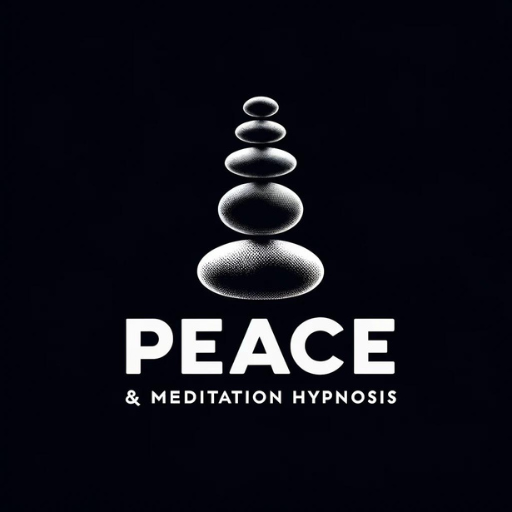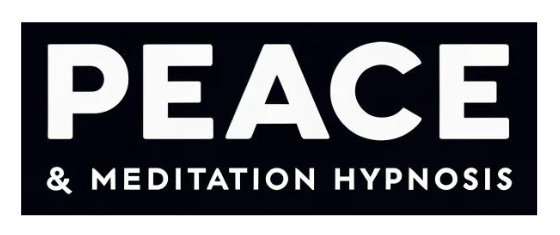If you're exploring ways to unwind and foster a sense of well-being, you may have come across mentions of both meditation and hypnotherapy. While these practices are somewhat different, they share a core intention...that is to soothe the mind and enhance our overall mental health. Let’s gently unravel the threads of these techniques to understand how they might benefit you, either together or separately.
Both meditation and hypnotherapy are wonderful ways to relax and reduce stress. As you dive into either practice, you'll likely notice a calming effect that can help manage anxiety and boost your emotional resilience. These practices invite us into different states of consciousness that aren't typically accessed during the hustle of our daily lives and routines. Meditation offers a deep dive into relaxation and heightened awareness, helping us become more present and attuned to the here and now. Hypnotherapy, meanwhile, guides us into a trance-like state where we may find ourselves more open to positive suggestions and able to make changes that might have seemed daunting before.
Despite these similarities, the practices serve unique purposes and are used differently. Meditation is about cultivating a deep, enduring peace and a profound connection with oneself. Whether you're observing your thoughts during mindfulness meditation or focusing intently on a mantra, the practice is about self-discovery and regulation without judgment. On the other hand, hypnotherapy is more directed and often seeks to address specific goals—be it quitting smoking, overcoming phobias, or managing pain. This practice usually occurs under the guidance of a trained therapist who uses suggestions to help achieve these objectives.
The beauty of these practices lies in their flexibility and complementary nature. Meditation can be a solo journey or guided by a teacher, making it a versatile tool in your wellness toolkit. Hypnotherapy usually involves a professional, and it's particularly potent for targeted behavioral and psychological changes. While meditation is not a psychotherapy, it offers therapeutic benefits that can significantly improve mental health and well-being, making it a supportive companion to more clinical interventions like hypnotherapy.
For those who practice hypnotherapy, integrating meditation can enhance the benefits, adding a layer of calm and control over one’s mental state. Conversely, regular meditators might find hypnotherapy a valuable tool for tackling specific issues that meditation touches on, but might not fully resolve.
In embracing either or both of these practices, you’re making a gentle but powerful choice to nurture your mind, body, and soul. Whether you're guided by a therapist through hypnotherapy or navigating the serene waters of meditation on your own, you're taking important steps toward a calmer, more centered self. As we continue to face life’s complexities, having these tools can make a profound difference in our daily lives, helping us to find peace in moments of chaos and clarity in times of confusion.









